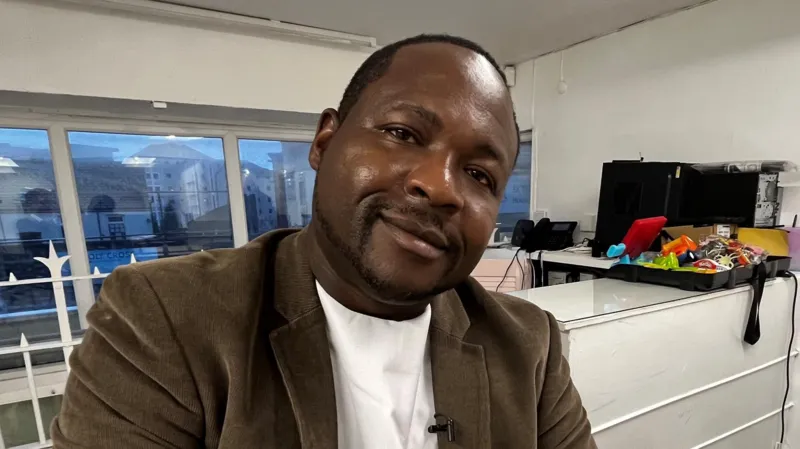David Feindouno, founder of the charity Plymouth Hope, has stressed the importance of providing clear and factual information about migration to reduce tensions and promote unity in communities. Speaking six months after immigration-related protests in Plymouth, he emphasized the need to counter misinformation by addressing public concerns with accurate data.
Plymouth Hope is among 42 organizations receiving support from Plymouth City Council’s community recovery fund, which aims to address issues stemming from last summer’s unrest. Feindouno believes that raising awareness about why people migrate and the positive contributions they make to society can help dispel misunderstandings and foster social cohesion.
According to Home Office data, the south-west of England hosts fewer asylum seekers than other regions. As of September 2024, Cornwall, Devon, Dorset, and Somerset accommodated 1,177 asylum seekers—far below the national average. Research from Oxford University’s Migration Observatory further reveals that around 40% of non-EU migrants in the UK hold work visas or have joined their partners, while others, including students and those on humanitarian visas, are also employed legally.
Employers in industries such as social care and hospitality have become increasingly reliant on migrant workers, especially in the aftermath of Brexit, as staffing shortages continue to impact these sectors. Migration patterns have also shifted, with fewer EU workers and more arrivals from African and Asian countries. Although the South West’s population has grown, census data indicates that it has done so at a slower rate compared to other parts of England.
Feindouno highlighted that many locals worry about rising numbers of migrants using public services such as schools and healthcare. However, he pointed out that migrants also play crucial roles in these sectors as doctors, carers, and essential workers. He believes that educating communities about these contributions can help foster a more informed and welcoming environment.

